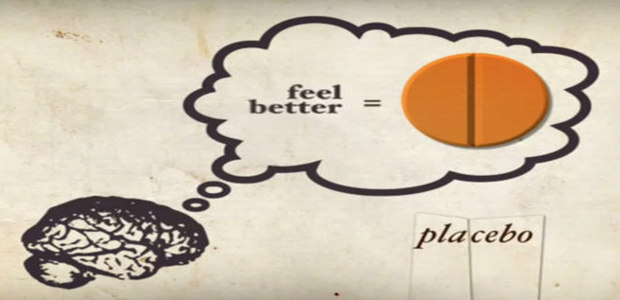The effectiveness of the placebo effect has indeed been quite promising in treating diseases as seen in our previous posts. If placebos offer a separate brand of therapy, doctors might like to explicitly add them to a treatment regimen or enhance their effects—ideally, without having to trick patients. “The ethical problem in practice is feeding your patients the presumption that in order for a placebo to be effective,” Kirsch says, “the person had to be deceived into thinking he was getting a real medication.” One way to circumvent deception is to invoke the doctor-patient relationship.
In a 2008 study of 262 patients with irritable bowel syndrome (IBS), Kaptchuk’s team assigned the patients to either placebo acupuncture or a waiting list. The researchers further subdivided the placebo group into those offered no conversation with the acupuncturist and those who received a heavy dose of attention, empathy and interaction from the practitioner. He or she actively listened to each patient’s problem, repeated his or her words, expressed confidence, touched the patient and lapsed into 20 seconds of thoughtful silence. “We laid it on,” Kaptchuk says. The special care paid off.
Researchers found a dose-response relation between the degree of doctoring and the proportion of patients who got better. Of the group sitting on a waiting list, 28 percent of people reported that their bowel symptoms improved. Of those receiving the bare-bones doctor-patient ritual, 44 percent reported significant relief. Among those who received a lot of attention from their doctor, 62 percent said they felt better. Thus, by simply manipulating a physician’s bedside manner, the placebo can be dosed.
In as yet unpublished results, Kaptchuk’s group discovered evidence that another aspect of this manner could be calibrated: empathy. The team gathered 12 physicians and put them in MRI scanners while the doctors thought they were offering a patient relief from the pain of a hot electrode strapped to his or her wrist. (The “patient” was really a confederate of the researchers.) In a doctor’s brain, the act of providing pain relief looked a lot like the response in a patient’s brain when he or she expected and perceived pain relief in previous experiments: an increase in activity in both the prefrontal cortex and the anterior insula, an indicator of empathy for pain. Doctors also reported feeling relief. “You do sort of bond and feel some kind of responsibility to the patient,” says Michelle Dossett, a general practitioner in Boston who participated in the study.
Finding ways to boost a doctor’s empathy and ability to transmit that feeling to patients might thus lead to an effective placebo. Physicians might also be able to productively deliver fake pills and procedures without deception. In a 2010 study Kirsch, Kaptchuk and their colleagues gave 40 patients with irritable bowel syndrome pills they described truthfully as ‘‘placebo pills made of an inert substance, like sugar pills, that have been shown in clinical studies to produce significant improvement in IBS symptoms through mind-body self-healing processes.” After taking these “open label” placebos twice daily for 21 days, patients reported feeling better overall and having less severe symptoms than the 40 patients who received no treatment.
Researchers are working to better understand and manipulate both the softer, environmental and harder, brain-based aspects of placebo responses. Perhaps one day physicians will be explicitly trained to express empathy or to use language that creates hope and expectation—with the placebo effect in mind. Someday, too, MRI scans might be used to predict placebo responses for individuals in advance. “It is really turning the art of medicine into a science of the art,” Kaptchuk says. “Can we really understand what is usually considered intangible, fringe or ignored and elevate it to a level of serious scientific inquiry?” Doing so, he says, would advance science and improve health.
Thus on a whole, the future of applying the placebo effect successfully looks quite promising. Though it has to be seen as to how effective it will be for certain diseases as the results vary from person to person. Also, how much of a role will the doctor-patient relationship play is also worth mentioning. Such treatments should definitely be welcomed by the medical considering the various side effects we have today when taking antibiotics and antidepressants. However, it will be a challenge to encourage the pharmaceutical companies to give a green signal to production of such medications without hampering their profits from existing medicines.
-end-

Source
- Scientific American Mind, Article by Trisha Gura.



































